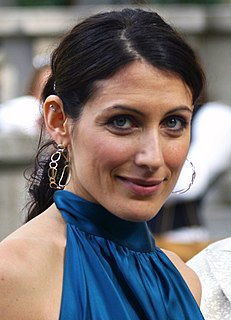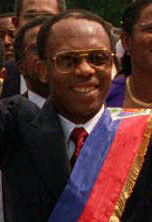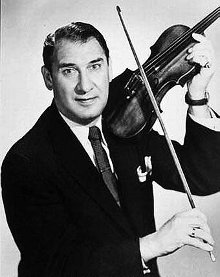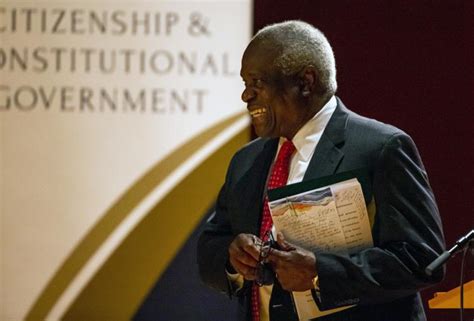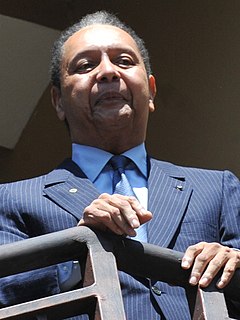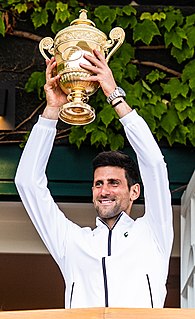A Quote by Francois Duvalier
The people of Haiti have always called me Papa Doc. I was first their doctor. Now I am also their president for life.
Related Quotes
There is this split between the Haiti of before the earthquake and the Haiti of after the earthquake. So when I'm writing anything set in Haiti now, whether fiction or nonfiction, always in the back of my mind is how people, including some of my own family members, have been affected not just by history and by the present but also by the earthquake.
When I first wrote 'Papa Hemingway,' there were too many people still alive, and the lawyers for Random House didn't want to OK it. But now all that's been filtered away by the passage of all these people. And having the fortune of surviving, I now feel that I am the custodian of what Ernest wanted the world to know about him and these women.
I never considered myself as somebody in exile because, different to my father who, yes, was in exile because he left Haiti as an adult, for me it was just to be somewhere else. I carried Haiti with me everywhere, but I also carried, you know, my youth in a public school in Brooklyn. It's part of who I am as well.
I first learned that there were black people living in some place called other than the United States in the western hemisphere when I was a very little boy, and my father told me that when he was a boy about my age, he wanted to be an Episcopal priest, because he so admired his priest, a black man from someplace called Haiti.



